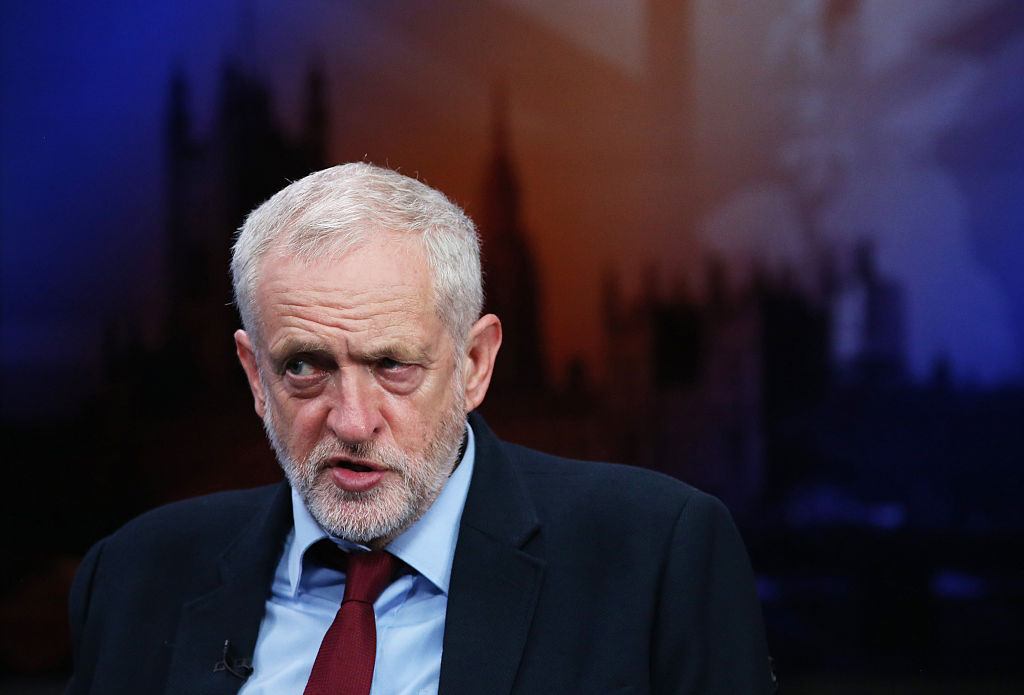The election of three Momentum candidates – including key Corbyn ally Jon Lansman – on Monday to Labour’s national executive committee was reluctantly accepted by moderates for want of a better option. Several Labour MPs anonymously complained to the press that they would go independent should the party try to bring in trigger ballots – but the fact these quotes are anonymous shows that no-one is willing to take the fight public just yet.
The events of today, however, will give Labour centrists food for thought. With the Corbyn-wing of the party now boasting a clear majority on the committee, members were given a glimpse of what that means in terms of Labour’s future. A vote by the NEC saw Ann Black ousted as chair of the Disputes Panel and replaced with Christine Shawcroft, by 22 votes to 15, this afternoon. The panel is responsibly for deciding whether to investigate sexist, racist, homophobic and anti-semitic abuse.
This is an intriguing move given that Black was not regarded to be on the right of the party – she was a critic of Tony Blair. However, her great sin is that she is not factional. Her replacement falls firmly into the Corbyn faction – previously describing Corbyn’s Labour opponents as ‘hard-right’. But aside from internal party politics, Shawcroft’s appointment has ruffled feathers as she will now play a crucial role in managing party discipline and given that she herself was suspended from the party in 2015 (for publicly supporting disgraced Tower Hamlets mayor Lutfur Rahman) the initial signs aren’t all that promising. Those so-called ‘hard-right’ opponents have been quick to criticise her appointment and the contempt of the ‘Momentum-left’.
What this whole debacle tells us is that although Corbyn and his team have been seen to be mellowing as they set their sights on winning power – they will be doing it their way even if it means upset along the way. With a majority on the NEC, this wing of the party can finally do all the thing it has wanted to for years – and many of those things will be very unpopular with the moderates. The current concerns include the possibility of letting lots of suspended activists back in, bringing in trigger ballots, restructuring the staff at party HQ and changing the way council leaders are elected. Given that there are more NEC elections coming up, there are worries that such changes may come fast (as today’s events demonstrated) while this faction has a majority.
The moderates are optimistic that they can at least neutralise the threat in the near future. In the next set of elections they hope to claw back seats lost – and should Len McCluskey leave Unite in the future they could even get back on the front foot. Until then, it’s a waiting game. The best hope the party has of diluting the ambitions of the Corbyn faction could be found in the threat of a new centrist party. It’s not that a new centrist party would work – and all the signs suggest that it wouldn’t – but its creation could take just enough votes away from Labour as to help keep the Tories in power at the next election. That prospect could be enough to get Corbyn and his supporters to keep an olive branch extended – even if it is a rather short one.







Comments